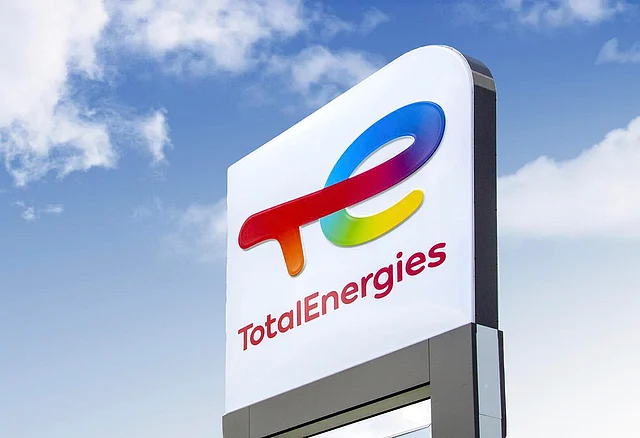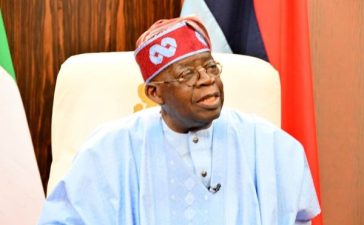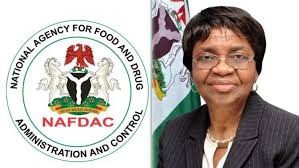Shareholders of TotalEnergies Marketing Nigeria Plc have called on the company’s management to consider issuing bonus shares following nearly two decades of consistent profitability and a stellar financial performance in 2024.
At the company’s 47th Annual General Meeting (AGM) held in Lagos over the weekend, shareholders approved a final dividend of N40 per share, amounting to a total payout of N13.5 billion. This marks a 60% increase from the N8.5 billion paid out in 2023, reflecting the company’s robust earnings.
In 2024, TotalEnergies Nigeria reported a 64% surge in revenue to N1.04 trillion, while profit before tax (PBT) soared by 140% to N42.25 billion. These figures have bolstered investor confidence and led to fresh demands for enhanced shareholder value.
Sunny Nwosu, founder of the Independent Shareholder Association of Nigeria (ISAN), expressed appreciation for the strong dividend but urged the management to explain the long-standing absence of bonus shares.
Another shareholder, Anthony Omoniyi, backed the call, pointing to the company’s net earnings of N74.9 billion and a solid balance sheet. “Bonuses are very efficient for us, especially with share prices rising and making it difficult for retail investors to expand their holdings,” he said.
Omoniyi also raised concerns about rising operational costs, noting that consultancy and promotional expenses jumped from N3.1 billion to N8.4 billion. He suggested tighter cost control measures to enhance future profitability. In addition, he advocated for the return of interim dividends, particularly during festive periods, to support small investors.
Another critical issue raised during the AGM was the N2.4 billion in unclaimed dividends. Shareholder Nonah Awoh urged the company to work more closely with registrars to trace the rightful owners of unclaimed funds. “We cannot continue to have situations where Nigerians who have invested are not getting their money,” he stated.
Awoh also emphasized the need for improved corporate governance, including better minority shareholder representation, transparent technical agreements, and clarity on the cost of foreign loans.
While shareholders applauded the company’s strides in renewable energy—such as the solarisation of service stations—they encouraged deeper investment in local energy sourcing, especially from the Dangote Refinery, to further strengthen local content and reduce foreign dependency.







